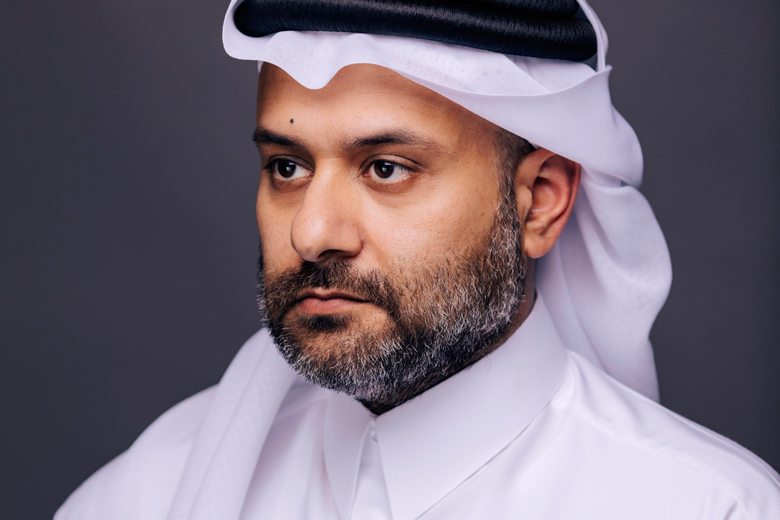

The financial hub is working with QIA to push some of the firms in its $335bn global portfolio to establish presence in Qatar
Qatar Financial Centre (QFC), the onshore financial hub of the Gulf state, is working with the government-owned sovereign wealth fund Qatar Investment Authority (QIA) to convince some of the companies in its more than $300bn worth of global portfolio of investments to establish a significant presence in the gas-rich Qatar, according to a top QFC executive.
So whenever the sovereign wealth fund [QIA] makes an investment we want to make sure that there is a clear and vivid impact on the state of Qatar of those investments. Yousuf Mohamed al-Jaida, the chief executive of QFC Authority has said. We will use that relationship and try to mandate some of these companies to have a significant presence in Qatar.
QIA holds stakes in some of the worlds top financial institutions, oil and gas firms, energy assets, car manufacturer; retail and luxury conglomerates and owns prized real estate in the UK and the US. It had slowed down investments during 2015-16 in wake of a slump in the hydrocarbon prices. The appetite to invest in strategic assets, however, has picked up in recent months.
Qatar Prime Minister, Sheikh Abdullah bin Nasser al-Thani, in March announced that the Qatar would spend £5 billion ($6.5bn) over the next three-five years on energy, infrastructure, real estate and other sectors. Commodity trader Glencore and QIA, which is the biggest shareholder of the company, in December agreed to buy a 10.2bn ($11b) stake in Russias Rosneft.
With estimated $335bn of assets, QIA is among the top 10 sovereign wealth fund in the world, according to global ranking on the website of Sovereign Wealth Fund Institute.
QIA, which is a QFC-registered firm in accordance with the English Common Law, has close working relationship with the financial hub and that relationship, Al-Jaida said, is only getting stronger to serve the greater good of the country.
The relationship exit because they are set up in QFC but now we intend to get more involved in terms of the impact of their investments into local economy, Al-Jaida said. SWF [sovereign wealth fund] has announced £5bn [in investments] in the UK, announced $35bn in the US and I think we will be following each and every single dollar and figure out whether the exports of investments from the sovereign wealth fund into those countries can have a positive impact locally.
QFC Authority, which in March embarked on a five-year expansion plan with targets of creating 10,000 jobs in the private sector and increasing the number of companies to 1,000 by 2022, is establishing a financial city in Msheireb Downtown Doha and the timeline for QFC-registered companies to move to new premises is May 2018.
QFC also plans to grow the assets of its firms from current $20bn-60bn and attain 5 per cent of Qatar Exchanges total market capitalisation through listings.
QFC currently has about 340 registered companies and the direct employment number through the financial hub stands at around 3,000.
The way the QFC Authority intends to achieve these aggressive targets is to expand the scope of activities allowed within the financial hub, Al-Jaida said, adding that it will continue to attract more banks, insurance companies and asset managers but that will not be the entire focus in terms of attracting new businesses.
Incentivising and attracting regional businesses, which can creates direct and indirect jobs in Qatar economy, is one of the major objectives of QFCs expansion push, he added.
The financial hub expects the amendments in QFC law that will allow for an independent judicial system, to be passed within the next three months, Al-Jaida said, adding that the Qatars Cabinet is currently reviewing the proposed changes.
Even though it exists currently, where the entire court system is managed by QFC, what will come about with this new law is the establishment of a new dispute resolution authority, which will allow the establishment of an arbitration centre, fully approved by the government of Qatar, he says.
You might also like...

Iraq oil project reaches 70% completion
26 April 2024

Samana announces $272m Dubai Lake Views project
26 April 2024

Iraq signs deal to develop the Akkas gas field
25 April 2024

Emaar appoints beachfront project contractor
25 April 2024
A MEED Subscription...
Subscribe or upgrade your current MEED.com package to support your strategic planning with the MENA region’s best source of business information. Proceed to our online shop below to find out more about the features in each package.




